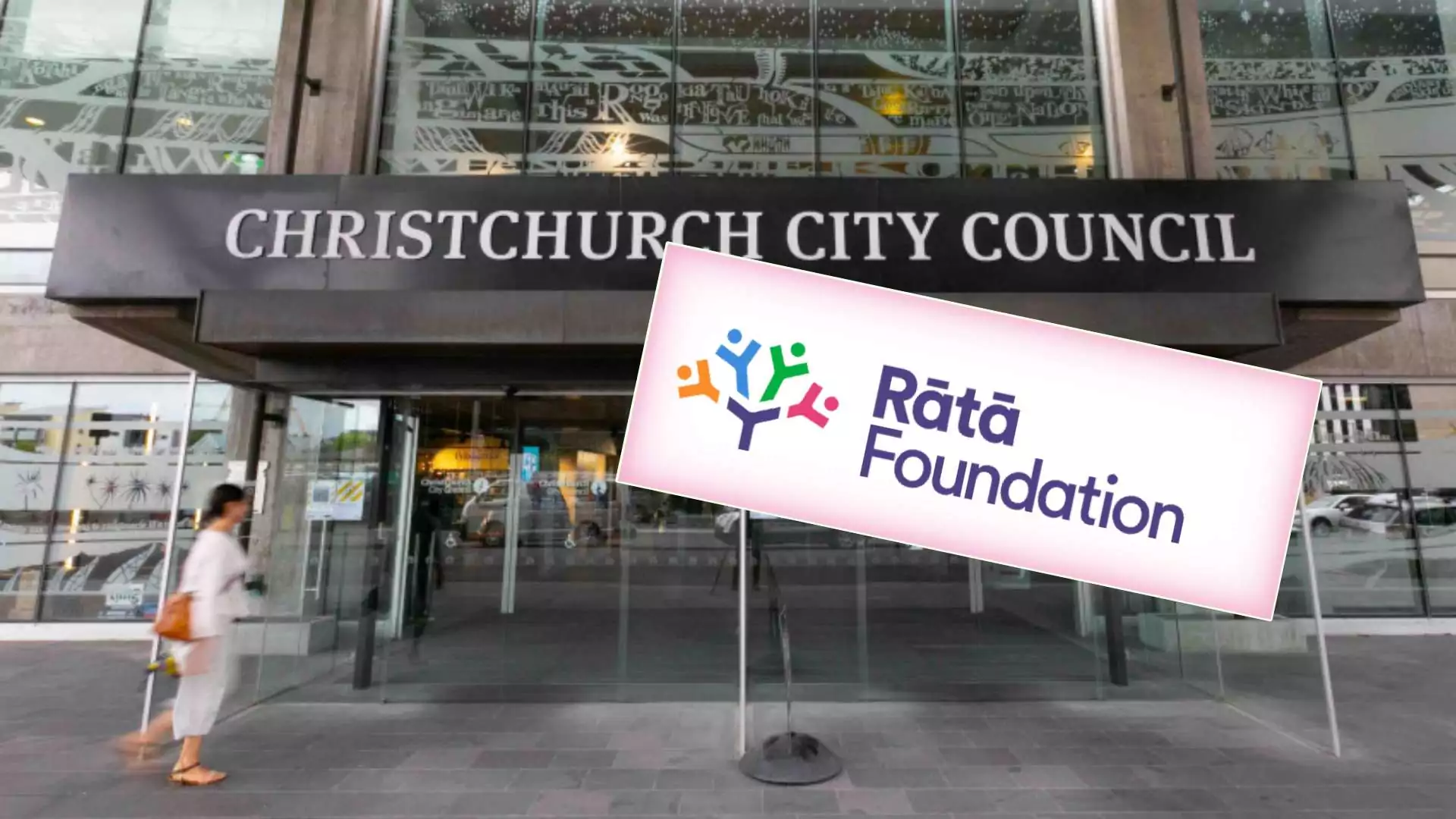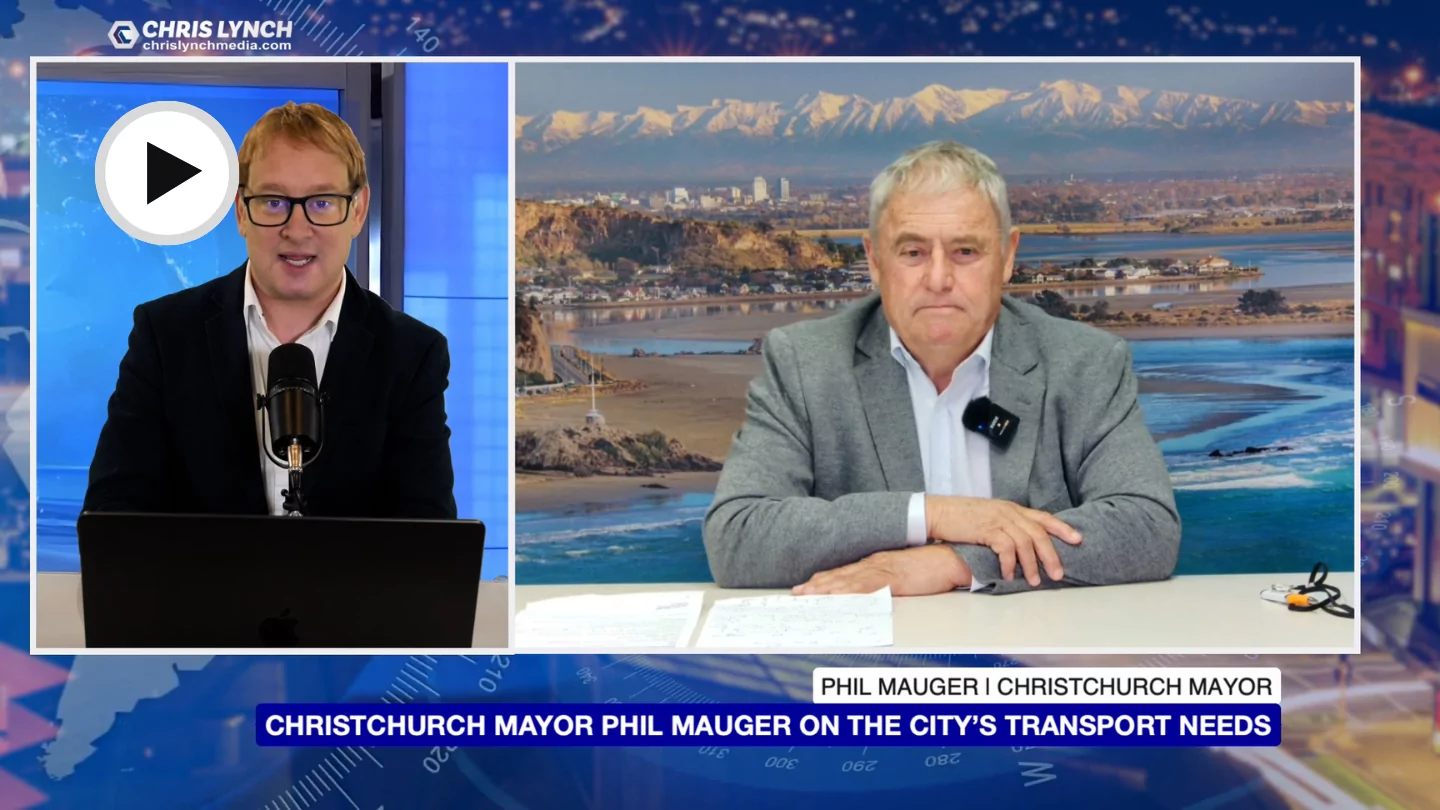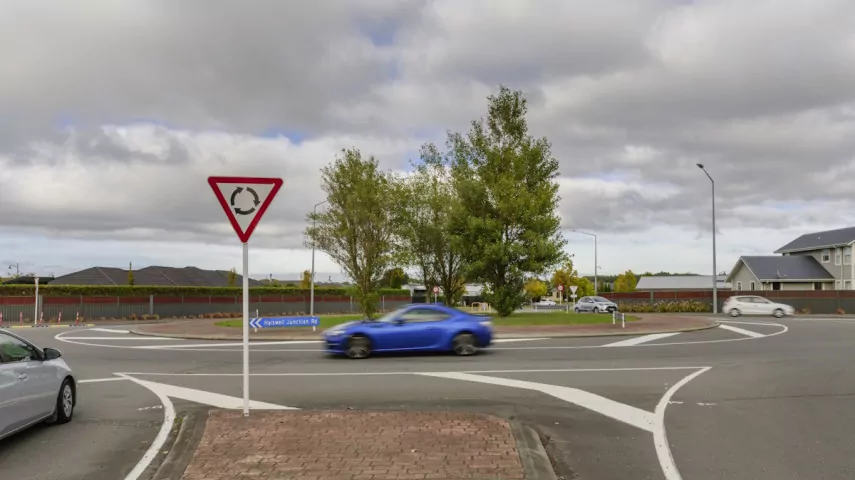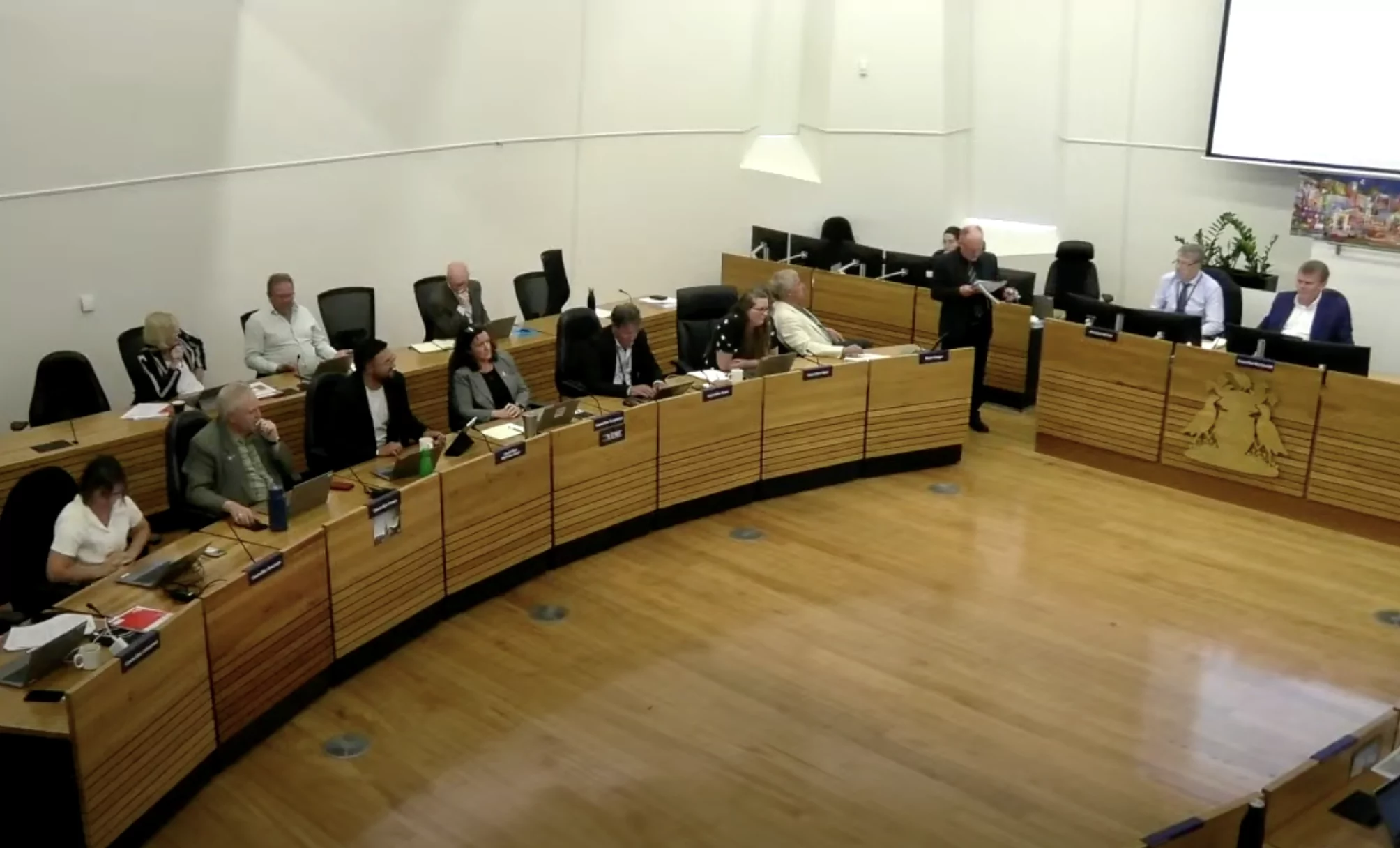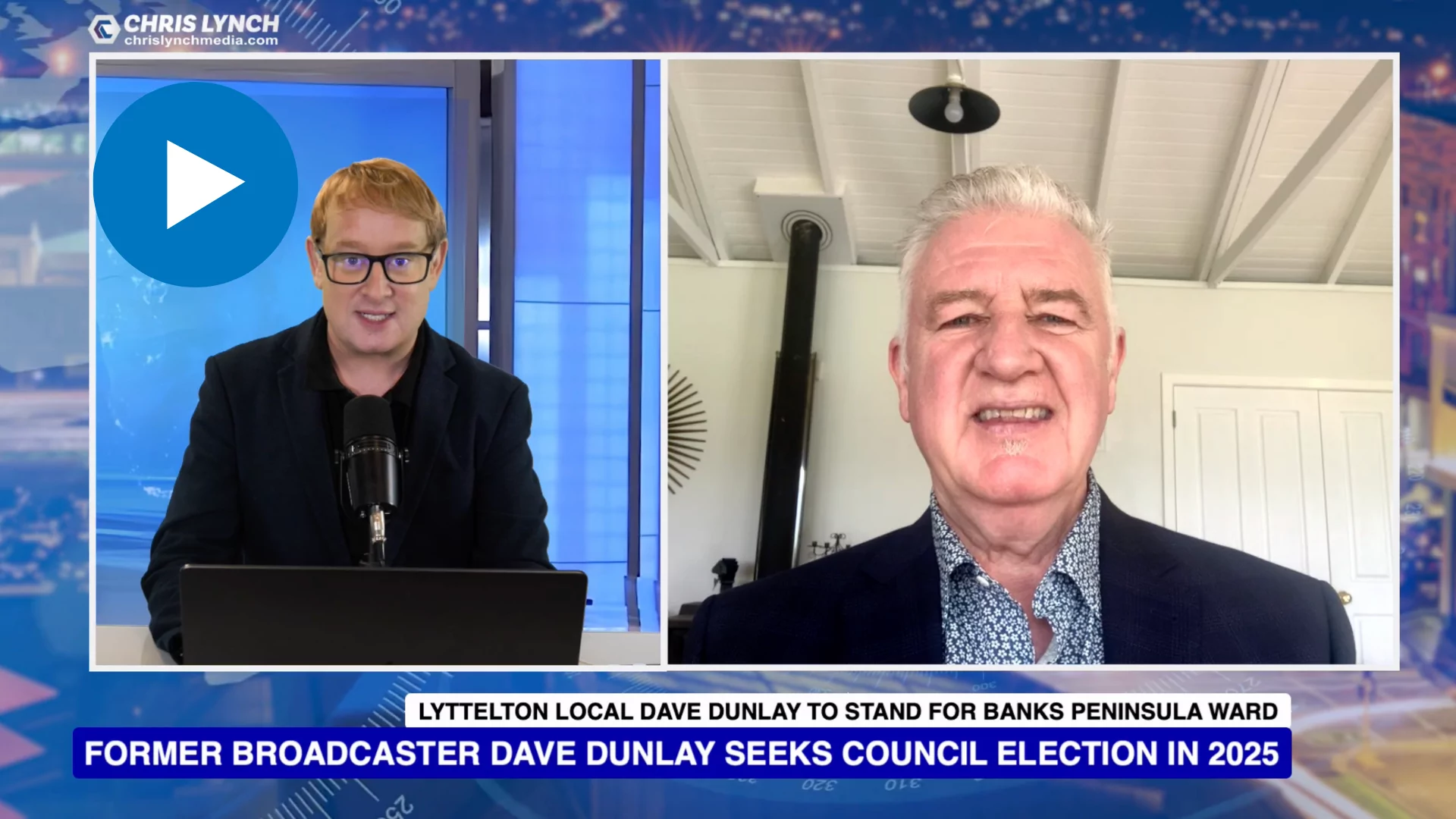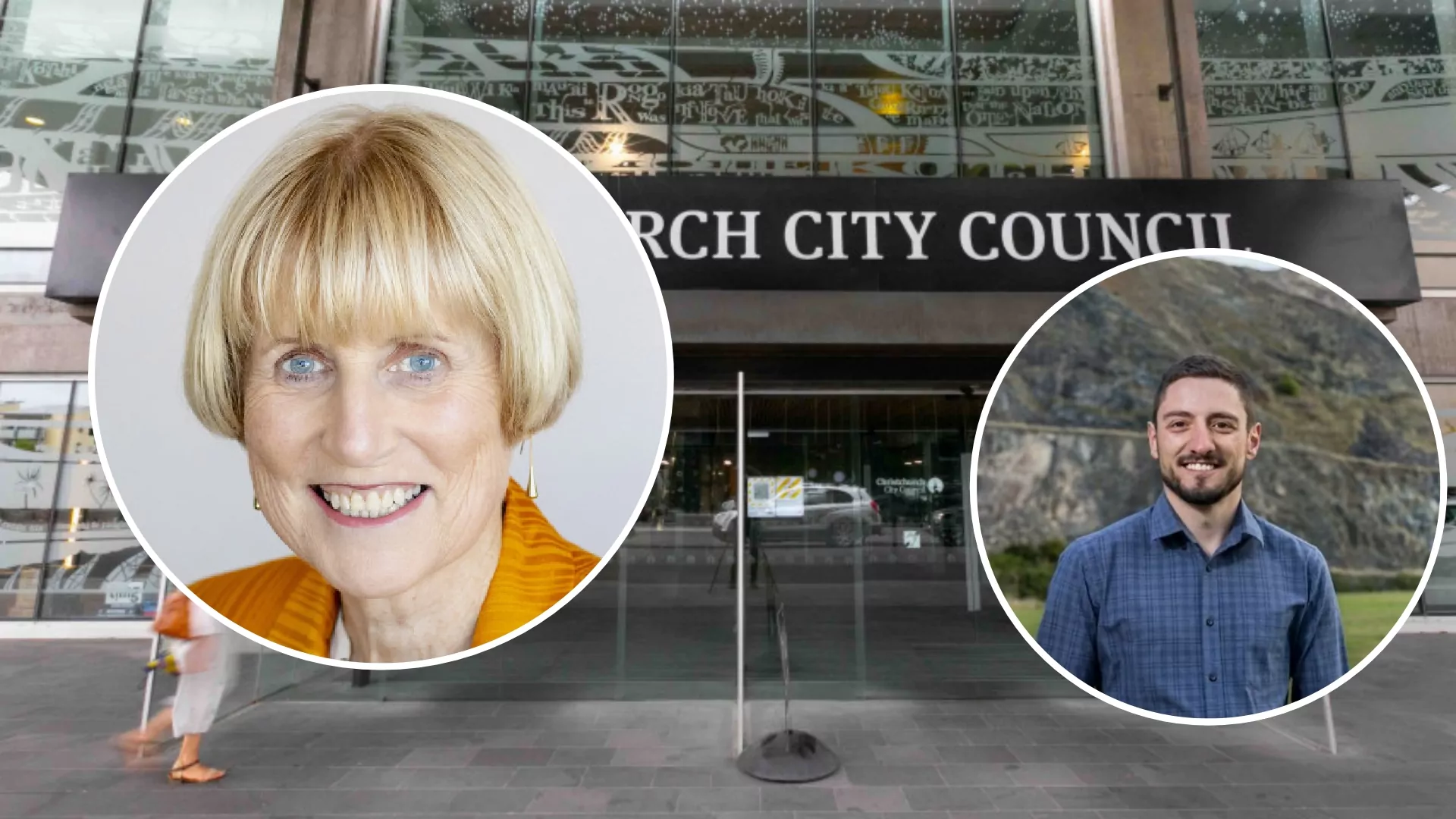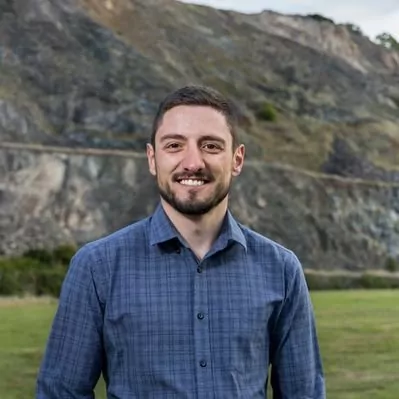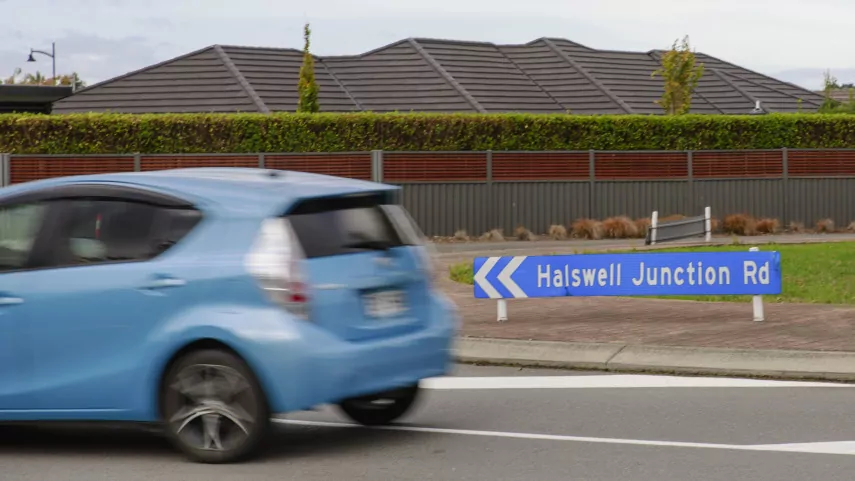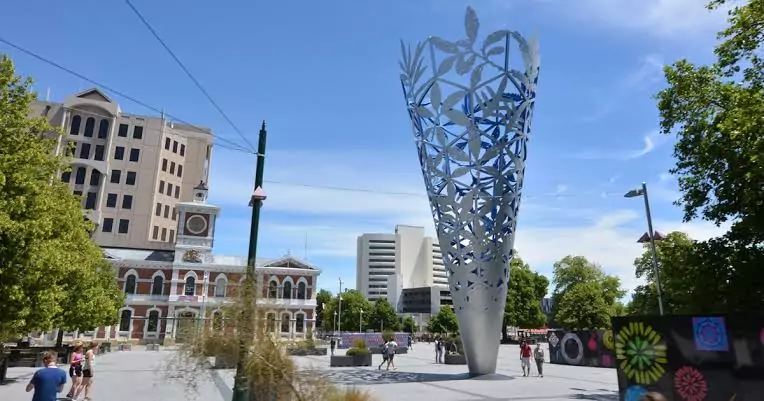Christchurch City Councillors have strongly criticised the Rata Foundation, accusing the funder of slashing its financial support for the city’s Youth Hub.
On Wednesday, councillors approved a $2 million contribution from the Christchurch City Council’s Capital Endowment Fund to help build the Hub’s Events Centre.
The Events Centre is 128m2 of flexible use events space, with capacity for up to 200 people. The space will cater for a wide variety of activities such as music, dance, indoor sports, drama, performances, talks and creative arts.
While councillors fully backed the centre—part of the Youth Hub Christchurch led by the respected Dame Sue Bagshaw—many were openly critical of Rata’s decision not to cover half of the requested costs.
Councillor Sam MacDonald said, “I want to publicly express my frustration at the Rata Foundation. I think they have well and truly lost their way.
“When you take a situation like this, where we’re contributing a million dollars more than the Rata Foundation, something has gone horribly wrong. I cannot understand why they don’t invest more into projects like this, where proven leaders are delivering real benefits for the city. The fact that ratepayers, even through the Capital Endowment Fund, are expected to contribute twice as much as Rata is, frankly, unacceptable. So I want to take the opportunity to express my frustration—they have lost their way.”
Councillor Tim Scandrett agreed, saying, “I think Rata has really lost its way. Organisations that Rata no longer funds are now coming to us. They’ve got nowhere else to turn.”
Scandrett added, “My concern has always been the discussion with Rata about joining forces for the best outcomes. It’s not just about the build—we need to support these organisations long-term. You can’t just build something and expect someone else to fund it down the track—it doesn’t work.
“I can’t vote against this because it’s such a good project, but I’m really struggling with the process,” Scandrett said. “We’re in a cost-of-living crisis. Many people who come to us for funding might be able to afford a cup of tea, but some are living on Raro for breakfast and dry Weetbix. We need our partners like Rata to have better communication and stand with us, rather than playing games. What they’ve done isn’t right for the community.”
Councillor Mark Peters echoed these frustrations. “We recently had a catch-up with Rata to swap notes, but to find ourselves in this situation so soon after that is really frustrating. I really hope Rata takes away from today that we need to partner on these kinds of projects.
“It’s one thing to say a project aligns with your values, but it’s another to actually contribute financially to make it happen.
“The Youth Hub is a phenomenal development for the young people of Christchurch, and I encourage the public to visit once it’s open and see the vision. But please, Rata, come to the table and help us. Help Christchurch.”
In response, Rata Foundation Chief Executive Leighton Evans admitted the foundation had shifted its funding strategy.
“Two years ago, we changed our funding focus. We consulted our communities to understand how our funding could make a real difference. Our current approach is evidence-based and designed to have the greatest impact,” Evans said.
He said Rata granted $1 million to the Youth Hub, split into two $500,000 contributions, to support youth housing and the events centre. Evans said the first $500,000 helped the Hub secure millions in government funding, and Rata continues to fund projects that contribute to an equitable, sustainable society.
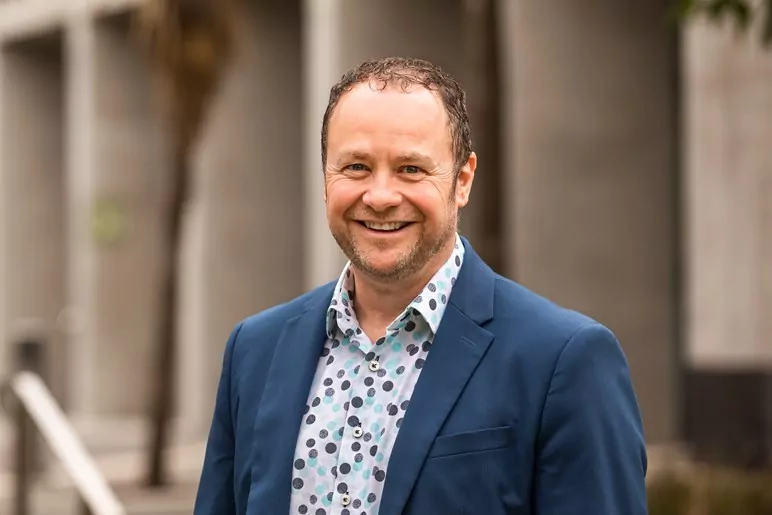
Rata Foundation Chief Executive Leighton Evans
“When assessing need, we look at parts of our community experiencing ongoing disadvantages—people living with disabilities, mental health challenges, or facing barriers due to ethnicity, gender, or sexuality.”
However, Evans did not clarify which organisations or projects had lost funding, instead providing a general overview of the foundation’s strategy and focus on building relationships with Māori.
“Rata expects the organisations we fund to engage meaningfully with the communities they serve,” Evans said.
“This often requires cultural understanding and experience operating in different settings. Organisations that do this tend to have a greater social impact. We also support building capacity in these areas and draw on values such as manaakitanga/care and respect, kotahitanga/unity, kaitiakitanga/guardianship, and whanaungatanga/relationships.”
Evans did not answer specific questions regarding payments to Ihi Research, the consultancy that developed Rata’s Māori strategy for its new funding model.
Report hits out at Rātā’s “Western” focus, demands te ao Māori lead in funding for cohesion and resilience
In a funding review report, prepared for Rata dated November 2023 with no author, it said “from a Te Ao Māori worldview, social cohesion and community resilience are impacted by Te Tiriti o Waitangi, colonisation and the subsequent intergenerational social, political and economic injustices experienced by Māori.”
“The key drivers of social cohesion and community resilience discussed in this review were categorised into te ao Māori, social, technological, and environmental. This review identified that most ‘Connect’ granting in the past three years aligns with the social drivers of cohesion and resilience from a Western perspective.
The report said “There has recently been a shift towards focusing on communities of need in Connect funding, which aligns with an equity approach. However, ongoing work is needed in this area to achieve equitable granting.”
The report said “Current Western definitions of social cohesion and community resilience are inadequate to describe Māori experiences of historical trauma and their ongoing experiences of discrimination and systemic racism. Te ao Māori understanding of social cohesion and community resistance is underpinned by tikanga-based principles.”
“We recommend reviewing all Rātā funding areas and priorities to ensure te ao Māori worldviews are present. Specifically for the Connect fund, this would mean ensuring te ao Māori understandings of social cohesion and community resistance are present in the priorities. For example, highlighting the importance of whakapapa connections for social cohesion or reflecting the deliberate and proactive effort to navigate adversity while asserting strength and autonomy by Māori to support community resistance.”
Meanwhile, Chair of the Youth Hub Trust Dame Sue Bagshaw expressed her gratitude to the Christchurch City Council for its funding commitment.
“We know there’s a real lack of youth-focussed facilities in Christchurch and we are thrilled the Council is investing in our city’s future. We want the Hub to be a place where young people can come to have fun and while they’re there get the help and support they need. Having the Events Centre available is critical to achieving that.
“Having the Event Centre funding secured is wonderful but there’s still much work to do to secure the additional funding required to complete the Hub, including building another wing of supported housing and spaces for a café, art, education and training.”
The Events Centre is part of the $21 million Stage One facilities at 109 Salisbury Street, including a supported housing wing with 22 bedrooms, an outdoor activities courtyard and a wrap-around services building for youth providers. The services building will open in mid-November, while the supported housing will open in early 2025.
Construction of the Events Centre is due to begin next year, once detailed design work is complete.
